
Pauline Weil
Pauline worked at Bruegel as a Research Analyst until September 2022. She holds a bachelor in Political Science and a master’s degree in International Trade and Finance from Sciences Po Lille. She also studied an MSc in Political Economy of Europe at the London School of Economics.
Her research interests include monetary policy, sovereign debt sustainability, trade and the energy transition. Pauline’s two regions of expertise are Europe and Asia.
She wrote a master’s thesis on the European Stability and Growth Pact by focusing on Greece’s adoption of the euro and its government debt crisis. And her second master’s thesis questioned the political and economic sustainability of the Franc CFA currency in the West African Economic and Monetary Union (WAEMU) in the context of European integration.
Prior to Bruegel, Pauline was a Junior Economist for the credit insurer Coface where she provided country risk analysis on Europe, working from Paris, and then on Asia, from Hong Kong. She also pursued the Blue Book Traineeship at the European Commission, working for DG DEVCO in the Directorate for Asia.
Pauline is fluent in French and English and has a good command of Spanish.
Featured work
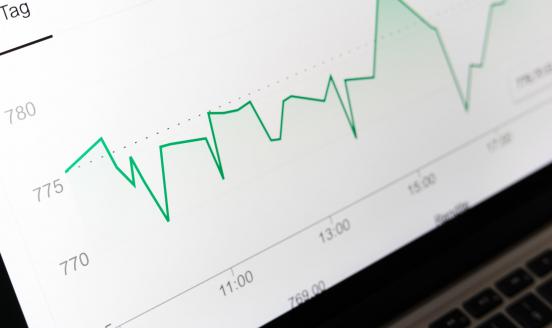
European Union countries’ recovery and resilience plans

A European policy mix to address food insecurity linked to Russia’s war
The food crisis creates short-term challenges but also points to systemic issues in the food sector.

Lessons for Europe from China’s quest for semiconductor self-reliance
This paper explores China's quest to become a domestic-demand-driven economy, and the lessons that can be learnt from its quest for self reliance.

Will Ukraine’s refugees go home?
The way to help Ukraine will be to assist in reconstruction and not place artificial impediments to immigration of those who have already suffered.
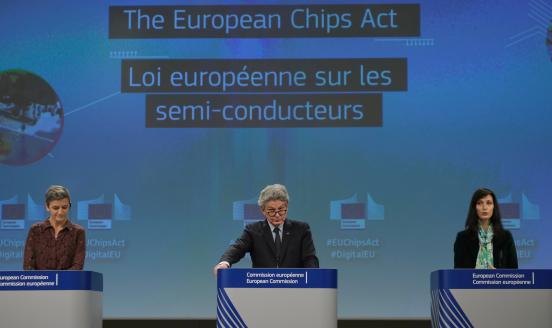
Fishing for Chips: Assessing the EU Chips Act
The EU Chips Act, announced in February 2022, represents a real break in Europe's industrial policy.

Is the EU Chips Act the right approach?
Measures to safeguard semiconductor supplies proposed in the Chips Act could prove to be wrongly focused, could tip over into harmful protectionism.

The decoupling of Russia: European vulnerabilities in the high-tech sector
The EU will face challenges in sectors where it relies on Russian and Ukrainian commodities and technologies.

The decoupling of Russia: high-tech goods and components
Sanctions on high-tech goods supplies, combined with financial sanctions and other restrictions, will deprive Russia of a future as a modern economy.
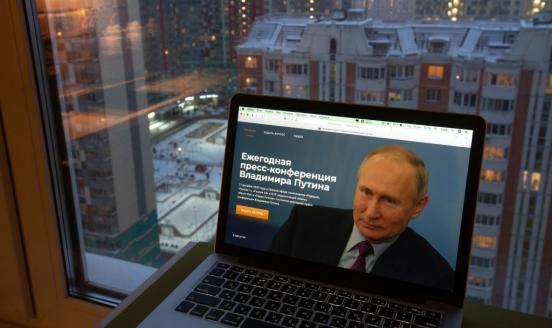
The decoupling of Russia: software, media and online services
Restrictions so far on software, media and online services in Russia have been imposed either voluntarily by firms, or else by Russia itself in order
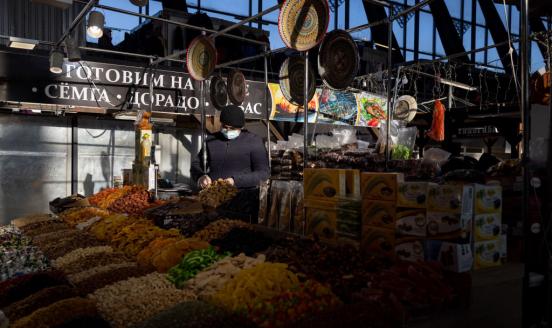
The impact of the war in Ukraine on food security
The war in Ukraine and consequent sanctions could mean high food prices will endure.

The risks for Russia and Europe: how new sanctions could hit economic ties
To play a deterrent role against Russian military action, sanctions would have to be very broad, have a rapid effect and be as coordinated as possible

Opaque and ill-defined: the problems with Europe’s IPCEI subsidy framework
Lack of strict governance and transparency creates serious risk that fair competition within the single market will be undermined.
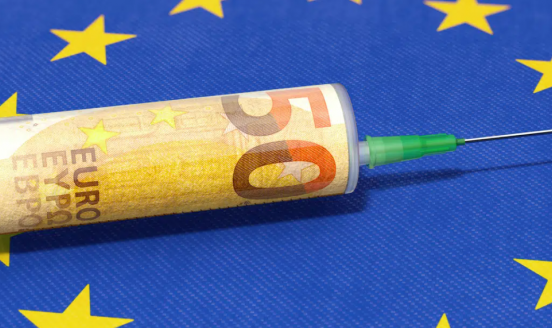
EU borrowing—time to think of the generation after next
Financing post-pandemic recovery via EU borrowing has proved remarkably straightforward. So why keep it temporary?

Instruments of a strategic foreign economic policy
Study for the German Federal Foreign Office produced by Bruegel, the Kiel Institute for the World Economy and DIW Berlin.

Next Generation EU borrowing: a first assessment
What is new about NGEU is not just the increase in the EU’s borrowing power, but also the nature of the expenditure.
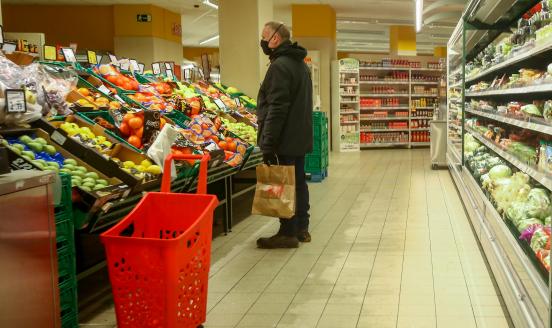
Is the risk of stagflation real?
Most economic forecasts predict a return, in the medium-term, to pre-pandemic growth and inflation. Nevertheless, the European Central Bank and fiscal
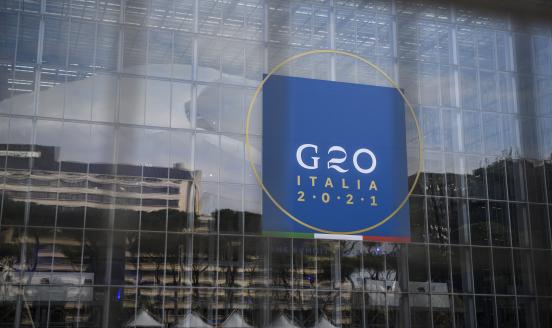
Strong, balanced, sustainable and inclusive growth? The G20 and the pandemic
The G20 is not doing enough to support strong, balanced, sustainable and inclusive growth in the wake of COVID-19, with the poorest countries left beh
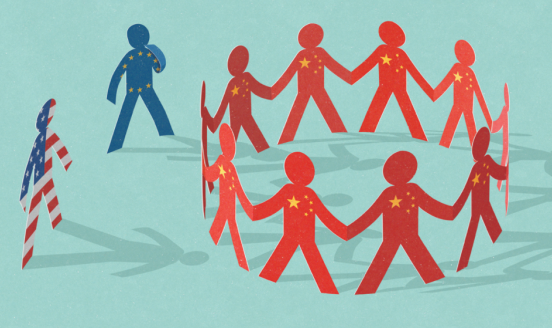
Investing in China: myths and realities
Concerns are real, but the country fares as well as peers at similar levels of development. Analysis published in fDi Intelligence.

A new direction for the European Union’s half-hearted semiconductor strategy
The EU needs a more targeted strategy to increase its presence in this strategic and thriving sector, building on its existing strengths, while accomm

Digital European Economic Sovereignty? The Case of Semiconductors
Study prepared for the European Parliament's Committee on Foreign Affairs (AFET).

How difficult is China's business environment for European and American companies?
This Policy Contribution has a purposefully narrow focus, ie China’s business practices and their effects on western firms.
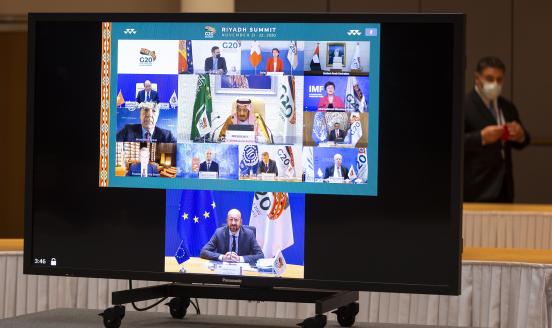
How is the G20 tackling debt problems of the poorest countries?
The G20 Debt Service Suspension Initiative, although a partial success, has been dogged by competing interests and lack of coordination. A further pus